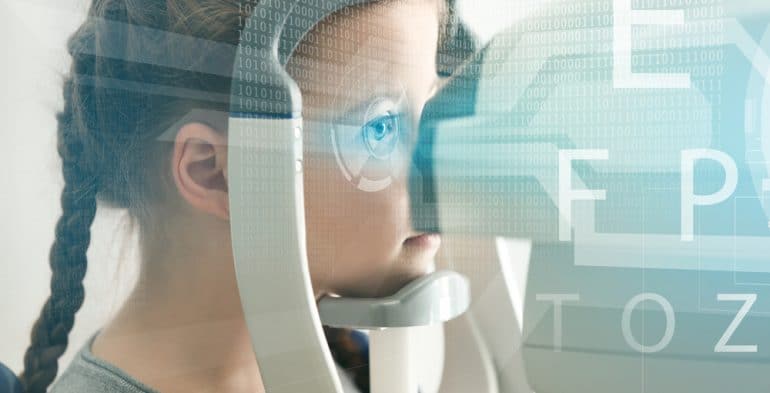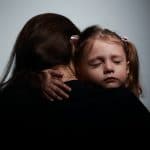
If your child has trouble seeing things outside of arm length, they might be short-sighted. You should take your child to your doctor or an optician/optometrist if you think your child might have short-sightedness.
Causes of short-sightedness or myopia
Short-sightedness happens when the eyeball is longer than usual from front to back. This interferes with the way light is projected onto the back of the eye and distorts the image that goes from the eye to the brain.
- Short-sightedness can run in families.
- Spending time outdoors can lower children’s chances of being short-sighted.
- Short-sightedness is also called myopia and near-sightedness.
Symptoms of short-sightedness or myopia
If your child is short-sighted, they might say that far-away objects seem blurry, whereas close-up objects are clearer. They might need to squint to see distant objects clearly.
Short-sightedness typically starts at about eight years of age. It tends to get worse as your child approaches adolescence and heads into young adulthood.
You might notice that your child always sits very close to the television, or holds a book very close to their eyes while reading. If they sit at the back of the class at school, they may say it’s hard for them to read what’s on the board or see the teacher.
When to see a doctor about short-sightedness or myopia
If you think your child is short-sighted, see your optician or optometrist.
If a screening test picks up a problem with your child’s vision, the people running the screening program will let you know what to do next.
If your child is having learning difficulties, it’s a good idea to have his vision checked by your doctor or optometrist.
Treatment for short-sightedness or myopia
Children with short-sightedness always need to wear glasses. Teenagers might prefer to wear contact lenses. An optometrist/optician will prescribe glasses or contact lenses after giving your child a thorough eye test.
Your child will need to have her eyes and her glasses checked every year. This is because vision tends to change as your child grows.
Laser therapy isn’t used on young people as their eyes haven’t yet fully developed.







